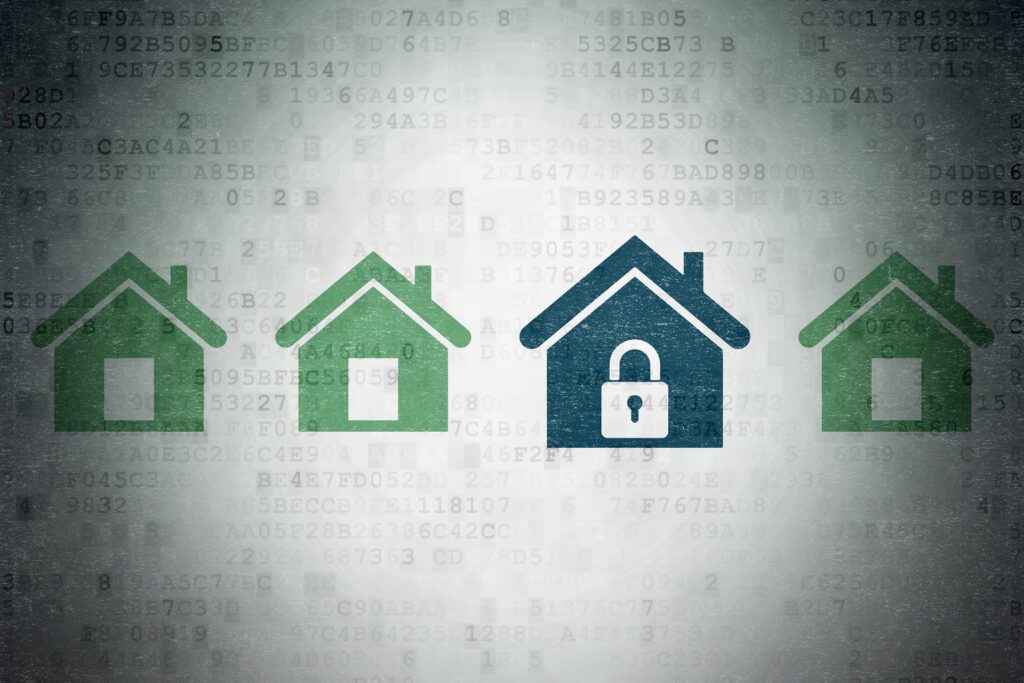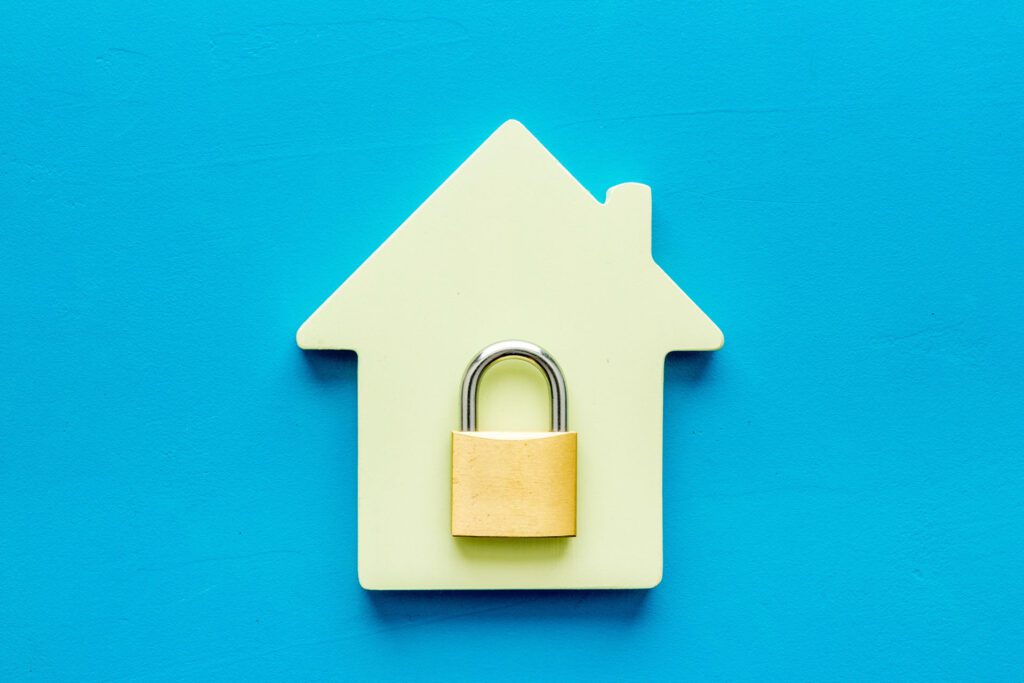In a world where safety and security are paramount concerns, a home security system is a valuable asset that can provide peace of mind and protect your loved ones and property. With a plethora of options available in the market, selecting the best security system for your home can be a daunting task. This blog will guide you through the decision-making process and help you choose the right security system to meet your specific needs.
Understanding Your Needs
Before delving into the world of security systems, it’s essential to understand your unique requirements and priorities. Here are some questions to consider:
What Are Your Primary Concerns?
Identify your main security concerns, such as burglary, fire, environmental threats, or even medical emergencies.
Property Size and Layout
Assess the size and layout of your home. Do you have a large property that requires extensive coverage, or is it a smaller space?
Budget
Determine your budget for a security system, taking into account installation costs and ongoing monitoring fees.
DIY or Professional Installation
Decide whether you prefer a do-it-yourself (DIY) installation or if you’d rather have professionals set up your system.
Types of Home Security Systems
Home security systems vary in design and functionality to accommodate different needs. Traditional systems rely on hardwired components and are recognized for their dependable performance, though they can be complex to install. Wireless systems, conversely, use radio frequencies for communication, granting users a straightforward setup process suitable for DIY enthusiasts. Standalone security devices, like cameras and motion sensors, offer flexibility, making them a popular choice for those seeking customizable security solutions. The choice of the most suitable system ultimately depends on individual preferences, security requirements, and budget constraints.
Key Features to Consider
There are a number of features to consider when it comes to your home security. Customization is an essential aspect of home security, as it allows you to tailor the system to your specific needs, setting triggers and alerts that align with your preferences. Ensuring your security system’s adaptability is vital, so opting for a system that can easily expand to accommodate additional sensors or cameras in the future is wise. Lastly, don’t overlook the importance of backup power, as it ensures your system remains operational during power outages, maintaining the security of your home and loved ones even in adverse conditions. These features collectively contribute to a comprehensive and effective security solution for your peace of mind.
DIY vs. Professional Installation
The decision between DIY and professional installation is a critical one. Here are some considerations for each option:
DIY Installation
Home security systems that don’t require professional installation are often a more budget-friendly choice, as they eliminate the need for costly setup services. With these DIY options, homeowners and renters gain greater control over the installation process, allowing them to customize and fine-tune the security system to their preferences. This flexibility is particularly advantageous for renters who appreciate the convenience of easily moving their security systems from one place to another, making these self-installed systems an ideal choice for those who prioritize mobility and simplicity.
Professional Installation
Opting for professional installation services is a smart choice to guarantee that your security system and associated products are installed correctly and optimized for efficient performance. Trained technicians possess the expertise needed to select the ideal locations for sensors and cameras, ensuring comprehensive coverage and maximum effectiveness. It’s worth noting that certain security systems, such as hardwired setups, mandate professional installation due to their complexity, making professional assistance indispensable for these specialized solutions. Overall, professional installation offers peace of mind, expertise, and tailored recommendations to enhance the functionality of your security system.
Cost Considerations
The cost of a home security system can vary widely based on the type of system, the features you choose, and whether you opt for DIY or professional installation. Here are some cost factors to consider:
- Upfront Equipment Costs: The cost of sensors, cameras, control panels, and other equipment can vary. Some systems offer packages, while others allow you to build your system piece by piece.
- Monthly Monitoring Fees: If you choose professional monitoring, expect to pay a monthly fee. The cost can range from $10 to $60 or more, depending on the level of service.
- Installation Costs: Professional installation often comes with additional charges, while DIY installation saves you on this front.
- Contracts: Some companies require you to sign a contract, often for one to three years. Be sure to read and understand the terms of the contract, including cancellation fees.

Making an Informed Decision
Selecting the best security system for your home is a crucial decision that requires careful consideration. By understanding your specific needs, evaluating the types of security systems available, and considering key features, installation options, and costs, you can make an informed choice. Remember that the right security system not only protects your property but also provides peace of mind, knowing that your loved ones are safe and secure.
Check out our SmarterHome.ai blog today to learn more about our internet, TV, mobile, and home security services.


